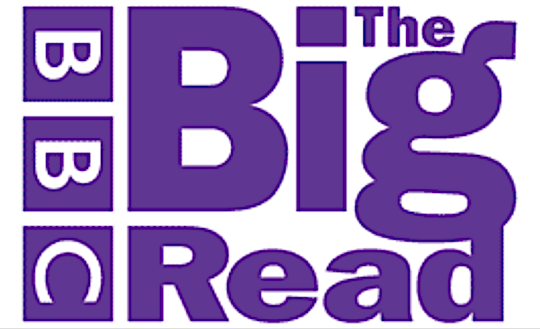A collection of features and profiles covering Harvard University’s 374th Commencement.
In early 1956, the Rev. Martin Luther King Jr. stood next to his bombed-out house in Montgomery, Alabama, and urged angry supporters to recommit to nonviolence, reassuring them that “if anything happens to me, there will be others to take my place.”
On Wednesday, basketball hall of famer, writer, and social justice champion Kareem Abdul-Jabbar said that he counts Harvard University and President Alan Garber among “the others willing to take Dr. King’s place.” Then he asked the Class of 2025 whether he can count on them.
“When a tyrannical administration tried to bully and threaten Harvard to give up their academic freedom and destroy free speech, Dr. Alan Garber rejected the illegal and immoral pressures the way Rosa Parks defied the entire weight of systemic racism in 1955,” said Abdul-Jabbar, addressing grads during Class Day ceremonies at Tercentenary Theatre. “As I look out over the crowd of eager faces today who are ready to launch their lives of successful careers, I wonder how many of you will also be among the ‘others’ willing to take Dr. King’s place.”
Abdul-Jabbar’s 20-minute speech was the centerpiece of the two-hour Class Day ceremony, which is hosted by graduating seniors. The event also featured a farewell address from Danoff Dean of Harvard College Rakesh Khurana, who is departing his post after 11 years of service.
Reflecting on his own journey as an undergrad, which took him first to the State University of New York at Binghamton and then to Cornell University, Khurana recalled his time at Cornell as a major turning point — the moment when he stopped trying to be the person others wanted him to be and instead explored who he was, reading deeply and beginning to understand his own values. It was then, he said, that he realized education was more than just memorizing facts and getting good grades, but an experience that helps you appreciate life’s long journey.
In the next chapter of your life, he told students, you will be faced with choices about new jobs and challenges, choices between opportunities that are transformational or merely transactional.
“Wherever you go next, the important question isn’t where you go now, but who you’re going to be,” he said. “May your road be a long one, full of adventure, full of discovery.”
Abdul-Jabbar, who followed up his record-breaking 20-year NBA career by becoming a successful writer, received standing ovations at the beginning and end of his speech. He said that his passion for social justice and civil rights stems from the Cleveland Summit, a meeting organized by a group of Black athletes and activists to interview boxer Muhammad Ali after Ali refused to participate in the Vietnam War draft. The group’s aim was to determine whether Ali’s claim to be a conscientious objector was sincere.
Ali convinced them that he was, but not everyone agreed: He was soon convicted of evading the draft and sentenced to five years in prison, a fine, and a three-year boxing ban. (The Supreme Court would overturn the conviction in 1971.) The episode, combined with King’s assassination, left Abdul-Jabbar shaken, prompting him to turn down an invitation to the 1968 Olympics. Civil rights, he said, felt like “a fading dream.”
“I couldn’t bring myself to become a smiling symbol of the promise of the United States to be a multiracial democracy when it was doing everything it could to not fulfill that promise,” Abdul-Jabbar said.
Choosing justice, Abdul-Jabbar said, usually comes with risk. Sometimes the risk is financial, he said; sometimes it’s physical. In any case, the stakes are always high.
“You have to decide whether you’re part of the old-timey fire brigades passing buckets of water down a long line of people trying to put out a fire or if you’re content to stand by and let it burn,” Abdul-Jabbar said.
And one victory is not enough, he said, urging grads to commit themselves to a lifelong fight.
“It is a never-ending battle that must be fought over and over,” Abdul Jabbar said. “After seeing so many cowering billionaires, media moguls, law firms, politicians, and other universities bend their knees to an administration that is systematically strip-mining the U.S. Constitution, it is inspiring to me to see Harvard University take a stand for freedom.”
In addition to remarks by Abdul-Jabbar, Khurana, and incoming HAA president Will Makris, Class Day included a moment of silence to remember two classmates: Luke Balstad, who died in November 2022, and Ryan Murdock, who died after a brief illness in October. Byron Gonzalez and Talia Levitt received the Richard Glover Ames and Henry Russell Ames Awards, which recognize graduating seniors for unsung service to the community.
.png)



